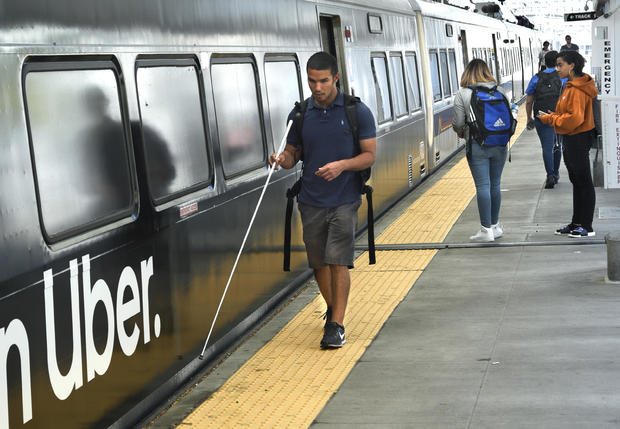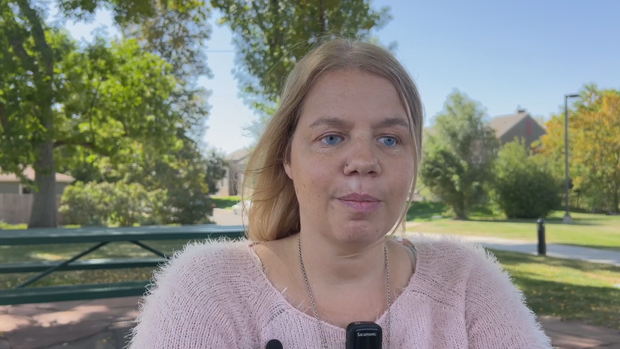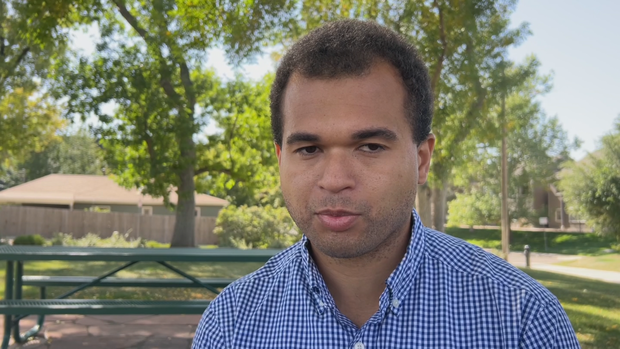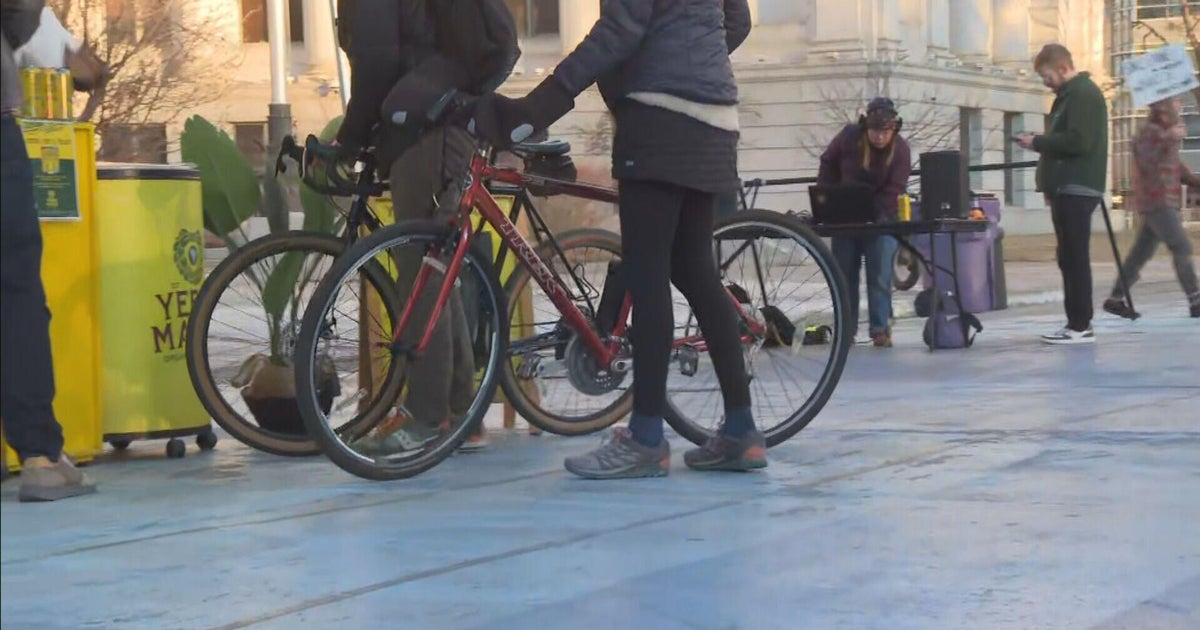Disability advocates fear cuts to RTD's Access-on-Demand program as agency looks to reduce costs
Thousands of Coloradans with disabilities rely on the RTD to do everyday tasks like grocery shopping or picking up their kids from school. Now, disability advocates are raising concerns about potential cuts to one of the agency's most popular programs.
RTD's board of directors is considering changes to Access-a-Ride, Access-on-Demand and other paratransit services to make them financially sustainable. Advocates say the proposed changes could impact some of the community's most vulnerable residents.
With the reliance on RTD's paratransit programs across the Denver metro area -- and many favoring the three-year-old Access-on-Demand service -- which allows users to get around town more easily. However, as RTD looks to reduce costs, the program's future could be in jeopardy.
For years, riders with disabilities relied on Access-a-Ride to get around. The service provided vans that might pick up passengers within a 30-minute window -- sometimes up to two hours -- and required users to schedule trips 24 hours in advance. But with Access-on-Demand, they no longer have to wait.
Maureen Nietfeld and Chaz Davis, both with the Colorado Center for the Blind, have used the Access-on-Demand program for the past few years.
"Access-on-Demand has changed lives drastically for many of us who live with multiple disabilities, not just blindness," Nietfeld said.
The program provides stipends for rideshare and taxi services, and qualified riders can use it up to 60 times per month. However, it costs RTD $1 million a month to maintain, and the agency is looking to reduce expenses.
As RTD explores ways to minimize costs, the possibility of eliminating the service or reducing the number of rides is on the table. The proposed change would limit users to 30 rides a month.
"If they cut it to 30 rides, it would not be nearly enough for many of us who have jobs and children," Davis said. "We need to do more than that in a month."
Both Nietfeld and Davis depend on Access-on-Demand to get to work and pick up their children from school.
"I use Access-on-Demand at least four times a day," Davis explained. "I go from daycare to work and then do it all over again to go back home."
Davis noted that the program has changed over the years, including at one point charging a fee. However, the most impactful change was the removal of multiple stops in one ride last December.
"It was just taken away without much notice or communication. As we approach these fiscal changes and challenges, we haven't had a seat at the table to shape what comes next," Davis said.
RTD says no changes have been made yet, and the agency is currently accepting feedback. The board will consider making decisions in November.
Nietfeld, however, warns: "cutting a program like this would be devastating to a whole population in Colorado."











